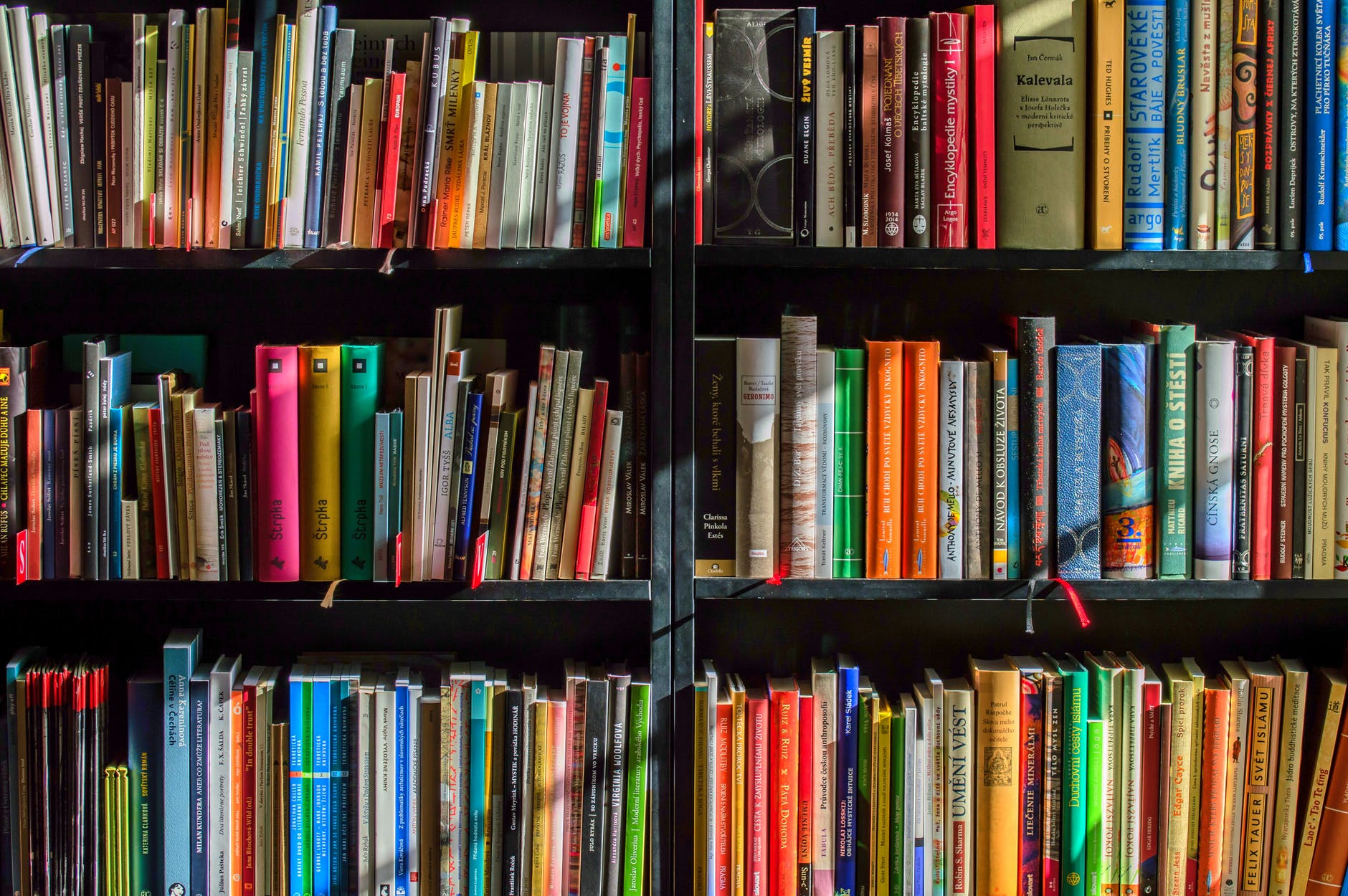![]()
The hardcovered book is the king of media. It is user-friendly, available to all, and full of content that can be found online. They do not require Wi-Fi or internet access. They do not cause any blue-light sensitivity problems. They come in normal print, large print or and braille. Books are not just a resource; they are our friends when we’re in dark places, rescuing us from our circumstances, and giving us ideas to think about in various times in our lives. In short, physical books are the gift of media that the electronic age has failed to render obsolete.
Books are, comparatively speaking, timeless. Their information is just as effective and important today as it was twenty years ago. The internet is always changing, and the newsreels are focused only on the immediate dissemination of “what’s hot” that day.
Books have stood the test of time, too. The electronic era wasn’t created until the 20th century, when room-sized computers were introduced. What could be considered books have been around since the Egyptians, according to a “History of Books” by Cerrie Burnell at Booktrust.org.
Until recently, books were luxuries that few could afford, much less read. Books were, in a sense, as royal as those who could access them. Books were hand-written and hand-copied for centuries, until the Gutenberg printing press began to mass-produce written works. Not just ordinary books, but the Book—the Holy Bible. Reformers like Martin Luther and William Tyndale employed the printing press to distribute copies of the Scriptures in their common languages.
As if history had not proven the importance of books, both the modern and post-modern eras have heavily relied on physical books. For instance, many schools until the 21st century still based their curriculums on printed textbooks. Standardized tests, such as the PSAT, SAT and ACT are often testing knowledge of literature. Libraries, despite incorporating technological advances, still find their shelves full of books rather than Kindles and subscription services.
While television, movies, or internet are not inherently evil, people must learn to navigate through the distractions of advertisements, hackers and broken website links to reach the content. When they finally find something good to peruse, it robs them of the creativity of their imagination. Even for a person like me, who has strict limitations as to what she reads, can occasionally find a book that captivates the heart and moves the soul.
Books have made a recent comeback in the current young adult populace. The most famous of series, many of which have been made into movies, include The Hunger Games, Harry Potter, Lord of the Rings, The Chronicles of Narnia, Divergent, and The Maze Runner. The modern debate over “book versus movie” would not exist if the books were never read. In fact, the movies might not have been made at all if there had been no book behind them! Therefore, books help the movie industry, rather than hinder it.
Books can be read all over the world. They are just as portable as electronic devices but require only one electric outlet: the reader’s brain. Unlike electronics, which are cluttered with advertisements that distract and disgust many viewers, hard copy books draw the reader’s attention directly to the message, world or information it presents. This immersion takes more time than a catchy news package or an engrossing film; yet, the immersion is complete and more user-friendly than what is blasted across the screens. The book asks the reader to participate with the story; in mere words and pages, books create so much from the individual’s mind that the electronic media viewer is robbed of making for themselves.
Children, if given the right level and topic of books, are not likely to find anything beyond what they should know of the world. Sadly, the internet and television can alter that safeguard which parents instill in their households. Books are more child-friendly than most electronic media. While children should learn the wonders of computers and television, they ought to also experience the wonders and joys of absorbing clean material, free of distraction.
Today’s children are free to pursue the acquisition of knowledge and world-building that several generations ago would have only dreamed about. Our generation has been blessed by God to have books all around us. We take them for granted and rob ourselves of that gift which all of human history has desired to obtain: free knowledge of literature, science and art. From the Library of Congress, to the local library, to the local bookstore, humans have billions of opportunities to select something that will inspire and engage them with the world around them. Humanity will never outgrow its need to entertain themselves; hard copy books are the most worldwide, multilingual, subject-specific, age-appropriate, self-serving, portable, and uninhibited form of media the world has ever possessed.
I understand that the electronic era has proposed a compromise between hard copy books and the internet, known as e-Books. On the outset, e-Books seem fair, but they are rarely free. Either an individual purchase or a purchase of a subscription service is usually required to read on an electronic device. Some electronic devices were made with the specific intent of being used for reading e-Books. This expense is not worth the convenience. For people who prefer to own things, to have them in their hands, and truly know that their property is theirs, hard copy books are still the ideal solution.
Drawing an old, yellow-tinged, hard-backed capsule of knowledge from the library’s vast and silent brain is a miracle that most people had no access to. With more knowledge and literacy than most eras have ever had, it is a wonder how modern generations run to their convenient and all-purpose electronics. I am guilty of this, but I am going to try my best to select Narnia over the latest TikTok compilation on YouTube. I want the joy that people before me had striven to give themselves and their posterity: I want a hard-copy book.
People might be surprised to hear that I want to be a filmmaker someday. I do not believe the film industry to be better than the publishing industry. Yet, I sense a different amount of poison that needs to be removed from both industries. There are books that I love and would consider turning into films because of the rich and profound impact they had on me during my development. My opinions regarding what I plan to do later in my life do not compromise the opinion I hold regarding the books that surround me. If it wasn’t for the knowledge I gained from the books my family and I would read, I would not have such a vibrant imagination or storytelling dream. The story—whether book or film—must be told. I am meeting modern families where they will look for good stories. Yet, if they ask me where to find an amazing story to read, I have more than a few series in mind.
Photo courtesy of Pexels





